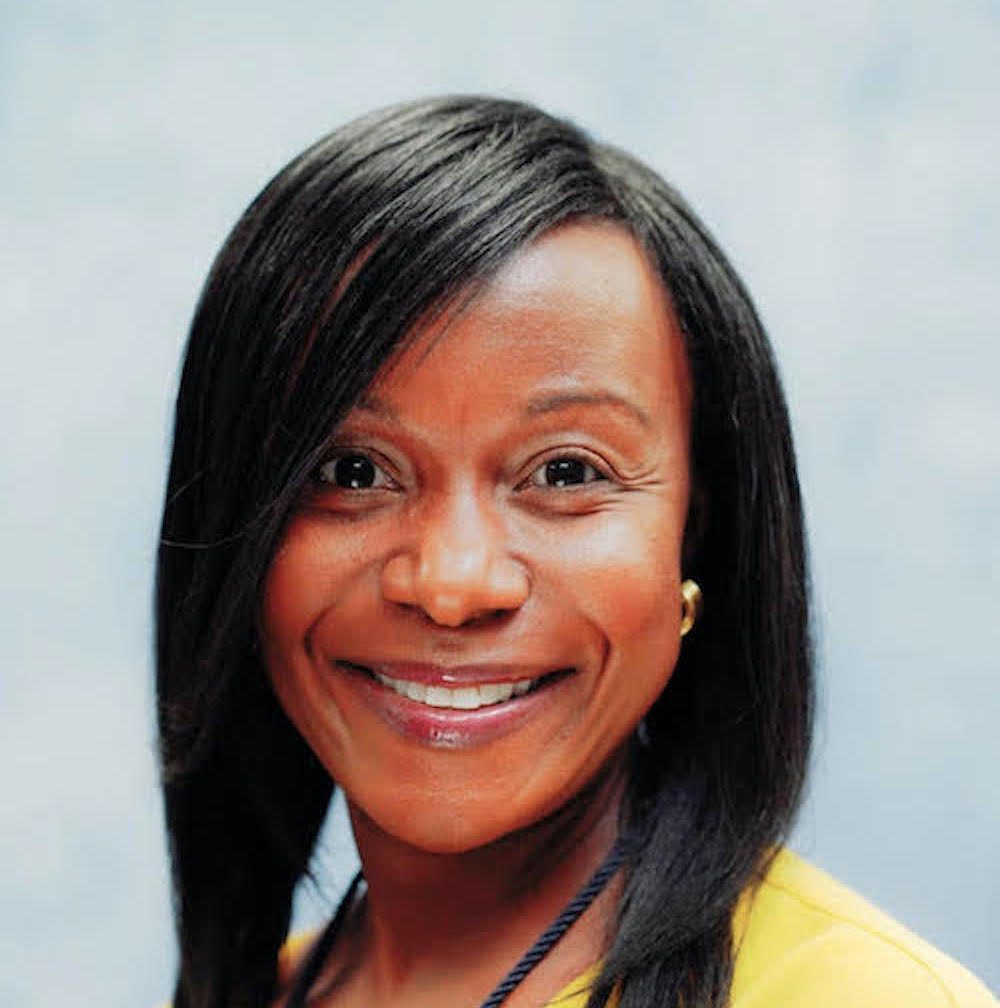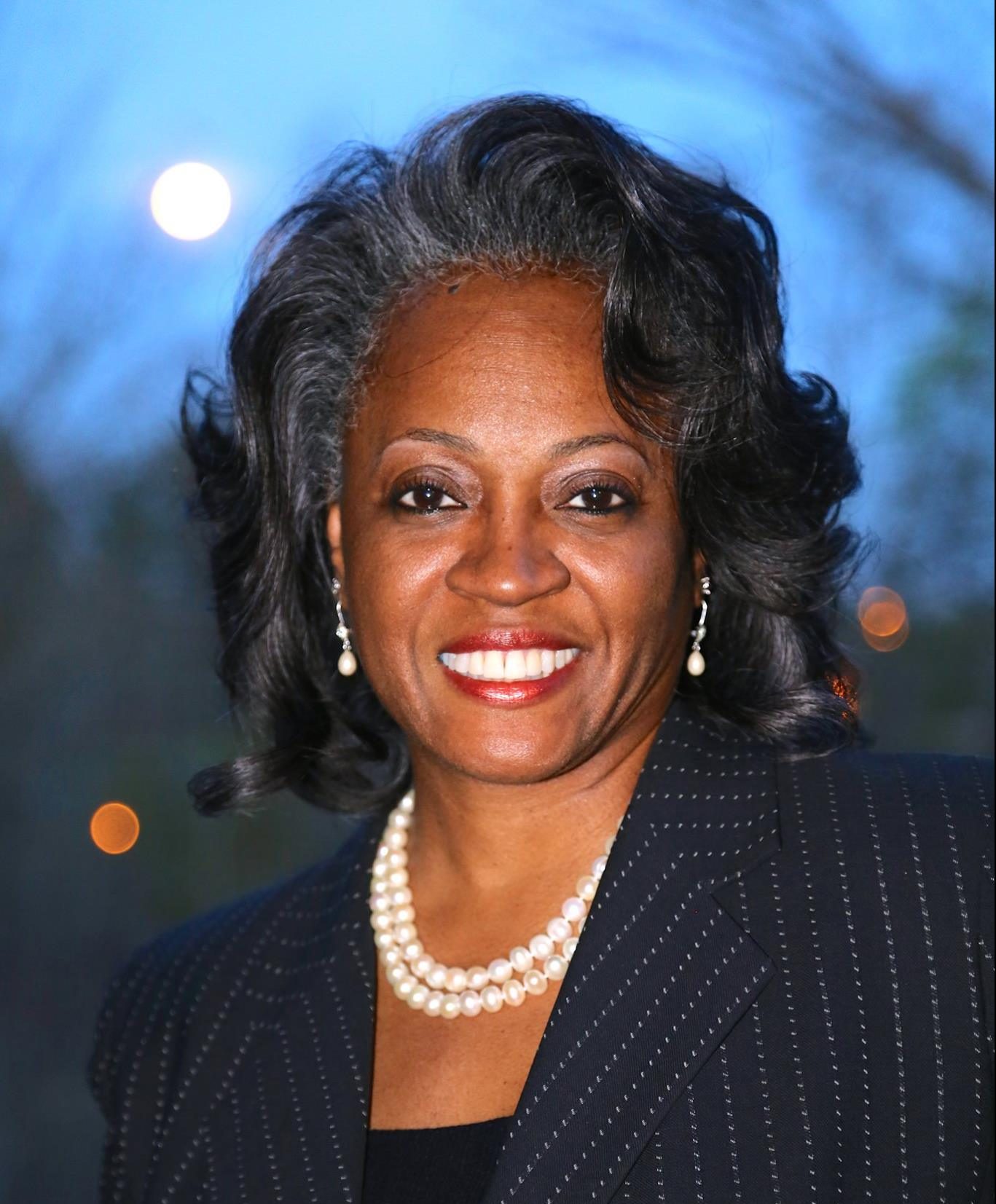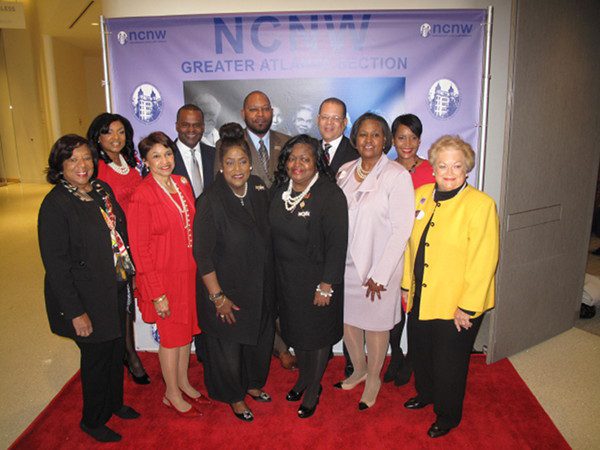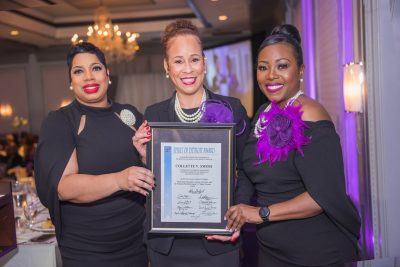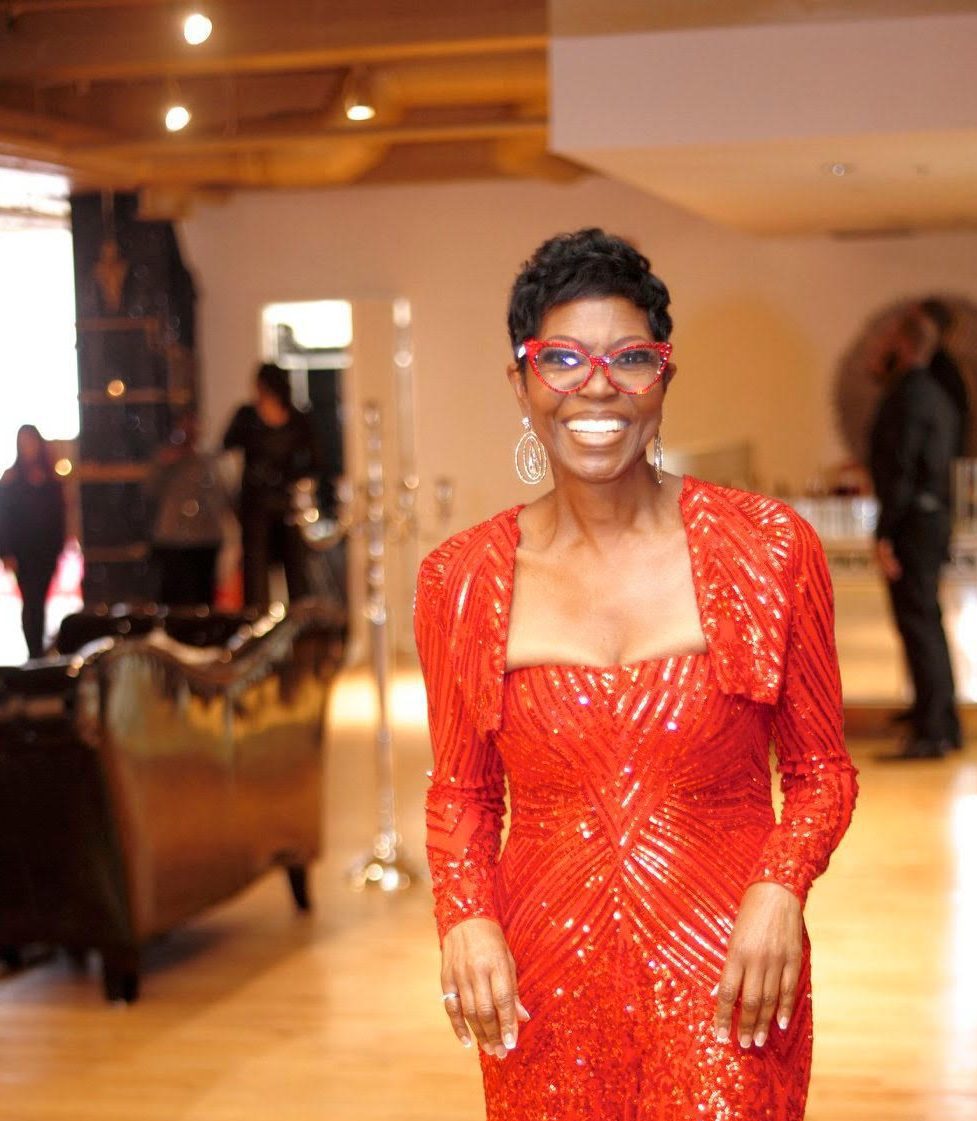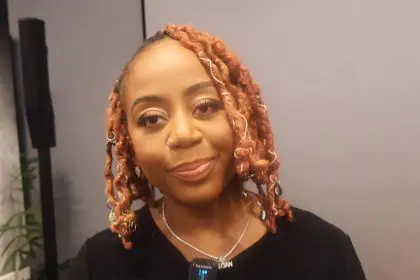
Keya Grant knows the ins and outs of human resources and is an outstanding leader. The director of diversity and inclusion at Randstad has more than a decade of experience and if she had a magic wand, she would use it to sensitize the masses.
Read what she had to say.
What inspires you to show up at work every day?
My life work is to support and help identify new opportunities for economic development for small, women and diverse business owners, in every market where they operate. Reducing barriers that may make it harder for small, women and diverse businesses to get off to a good start and grow into a successful business, not only benefits the business owner, but it also benefits the greater community and the economy overall.
Not only are these efforts the right thing to do, but through these works, I can help larger businesses attain their small and diverse supplier utilization goals; and at the same time, I can help small and diverse businesses fulfill their mission while increasing their revenue potential and income.
How did you determine your career path?
I wouldn’t say I chose my career path; it was more like fate. It was predetermined. I have always felt pulled toward helping the underdog and those unable to better help themselves. I ended up doing this work—developing small, women and diverse businesses—to help them reach their goals and I am grateful for it, because it is through this work that I have been able to find my niche and passion.
Describe the future skill sets that are essential to future business leaders and innovators?
This is an important part of what I do. When I am coaching and mentoring my clients, I make sure they understand that they must develop a strong combination of skill sets to become and remain future business leaders, such as:
Charisma– Although this is not an easy skill for those who don’t have it to develop, having the ability to attract, motivate and inspire others is paramount to become a successful business leader and innovator. Being able to boost morale is also important to promoting a healthy and inclusive work environment.
Integrity– Maintaining the highest level of personal integrity means holding to what you say and saying what you mean; being honest and holding yourself and your team to the highest ethical standards at all times.
Commitment– Leading by example, your team must see you in the trenches and working hard with them, side-by-side, shoulder-to-shoulder. With this level of commitment, you will easily earn the respect of your direct reports, team, colleagues and stakeholders.
Delegation– Must be able to delegate tasks to members of your team to share responsibility and let your team know you trust them. One person cannot do everything on his or her own; no person is an island in business. Try to lead your team without being a boss — identify the strengths of your team and emphasize them.
Financial– Must have effective budget and revenue management skills in order to ensure the business remains operational and profitable.
Define innovation methods you apply to your business and life?
Innovation is synonymous with creativity. Being innovative can mean creating a new product or changing antiquated processes that prevent progression or growth. I am always looking for methods to increase productivity, save costs, stay fresh and relevant—this is also innovation. Benchmarking is a key component to being innovative. It affords you the ability to keep abreast of what competitors are doing while emphasizing what makes your products [and] services different or more superior. To develop innovative ideas, it is important to participate in think tank discussions to brainstorm and expand creativity.
Describe goal setting methods you use and how you evaluate your success?
Goal setting is a required aspect for any person or business to reach and or fulfill its desired purpose and this process must begin with first taking an overall assessment. Goals can be financial, physical — as in where a company wishes to be based — or personal; but by understanding that goals should follow a realistic progression towards full achievement, goals should be separated into short-term and long-term goals.
I [help] small, women and diverse businesses define realistic and achievable goals as part of the services and support I offer. I provide follow up assessments at the end of the designated period— one year, three years, five years, etc. — to confirm that intended goals were achieved. Follow up is a step that unfortunately many people leave out and this is an important step because it helps them to confirm and understand which aspects of their goals are working and which aspects require modification or elimination.
Names three books that changed how you saw life and you recommend to others?
Seat of the Soul by Gary Zukav
The Four Agreements by Miguel Ruiz
Born to Win: Find Your Success Code by Zig Ziglar
Describe why lifelong learning is important to you?
Well, life and the world are always changing, so in order to keep up, one must adopt the ability to look at learning as a continual process and not a fixed process. Something that may have once worked so well in the past may not continue to do so, therefore we must always be open to adapting and changing. Said another way, we must consider learning as a journey and not a destination.
What are the three most important factors of being a successful woman?
Flexibility – Being able to adapt to change allows one the ability to be prepared to appropriately respond to customers and changing business climates.
Vision – Never lose the ability to wonder or deny your own natural curiosity. A successful and influential woman can see opportunities where others may not and have the savvy to communicate progressive ideas. Maintaining a clear vision also helps identify solutions to challenges.
Create your own rules – Based on your prior experiences, use what has worked for you in the past, create your own successful playbook. Update and revise often.
Technology plays what role in your daily life?
Technology has changed so much and the changes have happened so rapidly — so fast — that new technologies can become obsolete in two to four years. My active involvement in numerous supplier development agencies keeps me abreast of new technologies that impact the way small, women and diverse entrepreneurs conduct their business.
As well, I maintain a strong social media presence not only to let my clients know I am in touch with current technologies but I also use my many other memberships and affiliations to remain a visible force in what is going on in the industry.
What social media or digital tool has made the biggest difference in your life and why?
I am a social person by nature and I always have been. Social media has allowed me to develop one of my most prominent skills — my ability to connect with people. I enjoy meeting new people and I have a knack for matching people together (businesses and suppliers) based on their mutual needs.
Social media also gives me the ability to remain in touch with my formidable group of contacts. In some cases, using 140 characters or less, I can maintain relationships with more than 2,000 people as frequently as I wish — and not only can I broadcast information out to them when I need to, they can also reach out directly to me too. This immediate feedback strengthens my relationships with my network and has made a big difference in how I am able to stay connected with my circle.
If you could change one thing about the world what would it be?
I would want everyone to understand the importance of empathy. Empathy denotes an ability to understand the feelings of another and forms the basis of selfless acts. If we had more empathy in the world, we could reduce much of what ails the world and humanity.
If you could change one thing about yourself what would it be?
I would like to better develop my ability to say ‘no’ more often as to not over-commit myself.
Who or what motivates you and why?
Fairness and equality are strong motivators for me, particularly in the work I do. I have always wanted to be involved in any kind of work that ensures small, women and minority business owners receive the tools and mentoring they need so they can be equal players in the overall economy. It’s important, both personally, and for under-represented companies to have a level playing ground when it comes to having equal access to procurement and partnering opportunities.
What are the do’s and don’ts for young women in business?
Do’s:
Set realistic, achievable goals and re-assess them often.
Establish strategic networks that will provide access to new opportunities.
Access business opportunities that accentuate your natural strengths and abilities.
Don’ts:
Don’t limit yourself — fear is the greatest immobilizer.
Don’t forget your core values.
Don’t be in business for the money; do what you do for the passion. The money will follow.
How do you successfully grow from business failure?
Many people are afraid of failure and while it is not something I encourage my clients to anticipate, failure does happen from time to time. Failures teach us a lot if we look at them honestly, most notably they teach us what does not work well. As long as we always keep open minds and remain available to changing our process, we can always discover a new opportunity to get the business back on track to achieving their mission and revenue goals.
Name three most successful female role models and why?
Ursula Burns – CEO of Xerox – she is the first African American woman to lead a Fortune 500 Company. She is a trailblazer!
The Founders of my sorority, Delta Sigma Theta Sorority, Incorporated, for going against the status quo.
Any woman who has ever followed her dreams to accomplish her goals and sacrificed her freedom, life or sanity to pave the way for me.

